The Lauder Institute Returns to Mongolia for its Lauder Intercultural Ventures Program
October 22, 2024
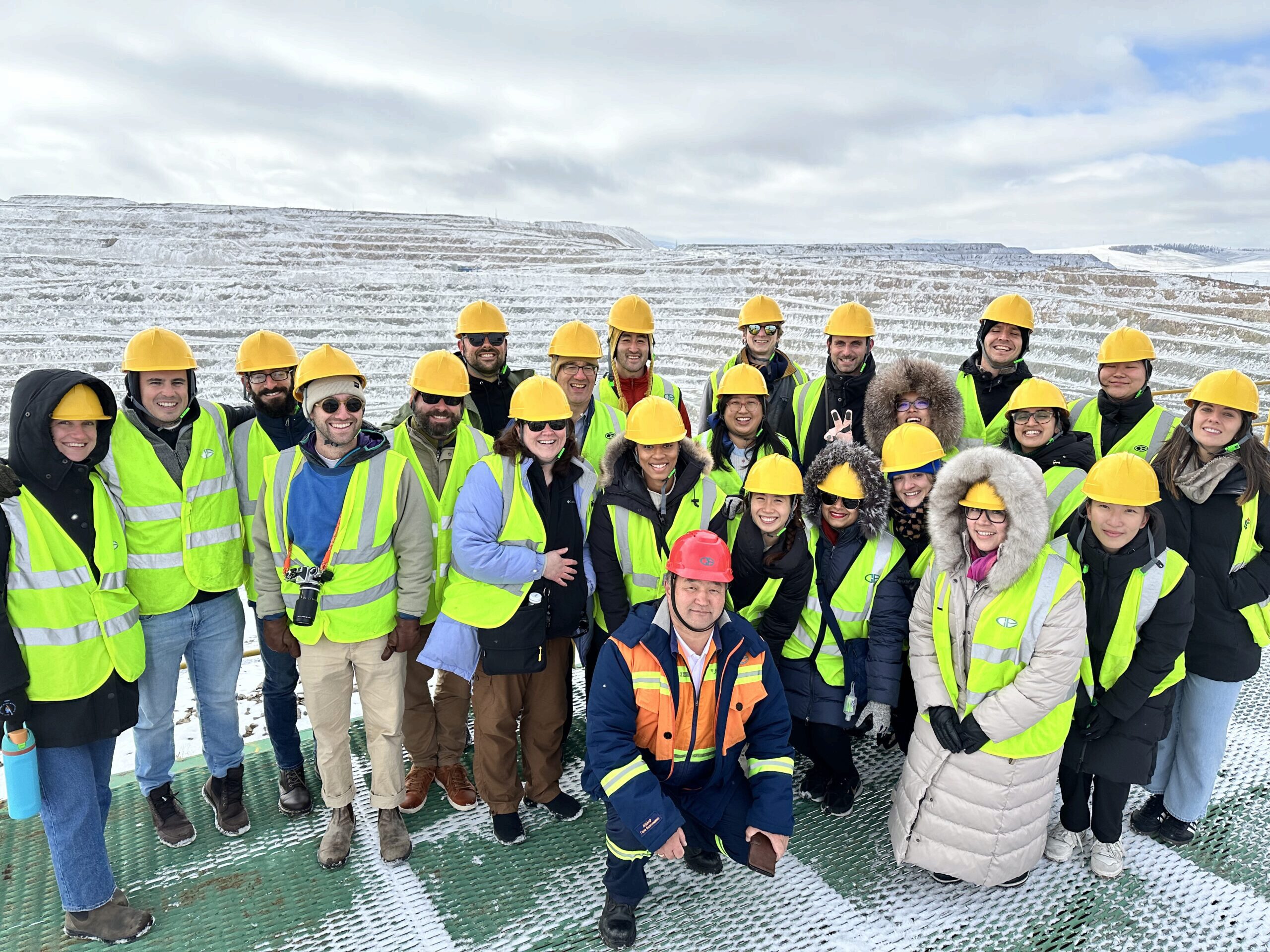
The Lauder Institute recently led a group of students to Mongolia as part of its Lauder Intercultural Ventures (LIV) program. LIVs offer a week of deep immersion in another country, blending academic insights with practical fieldwork to sharpen intercultural leadership skills. Each trip is a unique chance to explore real-world challenges specific to the destination. The focus of the Mongolia LIV explored how a landlocked nation, positioned between China and Russia and rich in natural resources, balances economic growth with sustainability. In particular, students examined how Mongolia leverages significant foreign investment in its mining sector to benefit its population while trying to minimize environmental damage.
During the seven-night venture, a group of 20 Lauder students, led by Penn Professor Christopher Atwood—an expert in Mongolian and Chinese history—spent time in Mongolia’s capital, Ulaanbaatar, and the industrial center of Erdenet. They learned about the Mongolian business landscape through touring local companies and meeting with entrepreneurs. A visit to a cashmere factory highlighted one of Mongolia’s key export markets, while a trip to the Salkhit Wind Farm, the country’s first wind power project, showcased Mongolia’s efforts to diversify its energy sources.
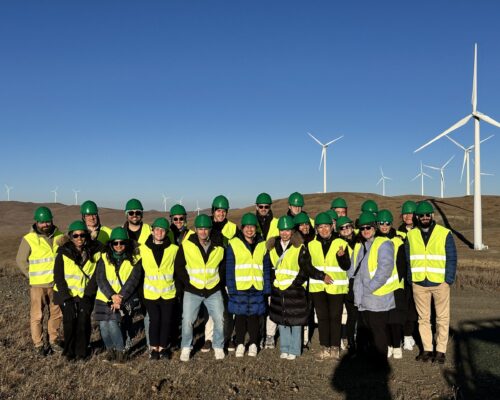
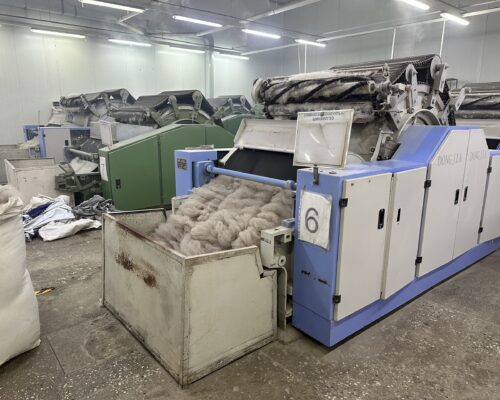
Students engaged with key political and business leaders in Mongolia’s mining sector and toured the Erdenet Mining Corporation and Oyu Tolgoi, two major copper mining operations, to understand how mining has shaped national economic development.
The program also addressed environmental concerns, including how global cashmere demand has led to overgrazing on Mongolia’s grasslands, which support nomadic herders and their livestock. A visit to Hustai National Park allowed students to see conservation efforts in action, such as the reintroduction of wild horses and the role of Bankhar dogs, a native breed used to protect herds from predators. The students engaged with herding families and learned about the sustainability challenges of traditional animal husbandry.
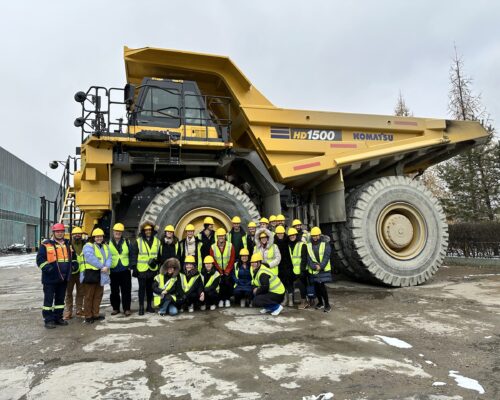
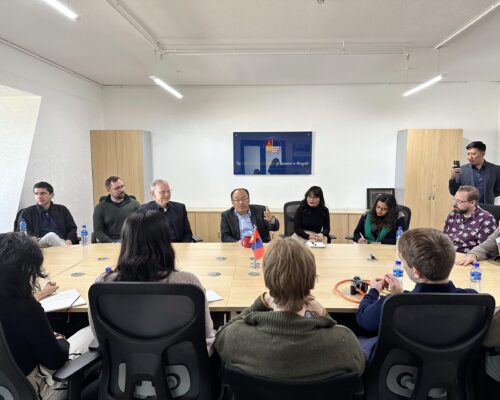
This LIV marks the Lauder Institute’s third visit to Mongolia, following ventures in 2017 and 2019 which explored environmental factors affecting the traditional nomadic lifestyle of the Mongolian people.
The Lauder Intercultural Ventures (LIV) program is both a unique opportunity and required component of the Institute’s Master’s in International Studies degree, combining academic knowledge from expert faculty with on-the-ground experiential learning. Students are trained to problem-solve complex social, economic, and cultural issues, preparing them to become thoughtful and interculturally savvy business leaders. Learn more: lauder.wharton.upenn.edu/immersion/livs/


